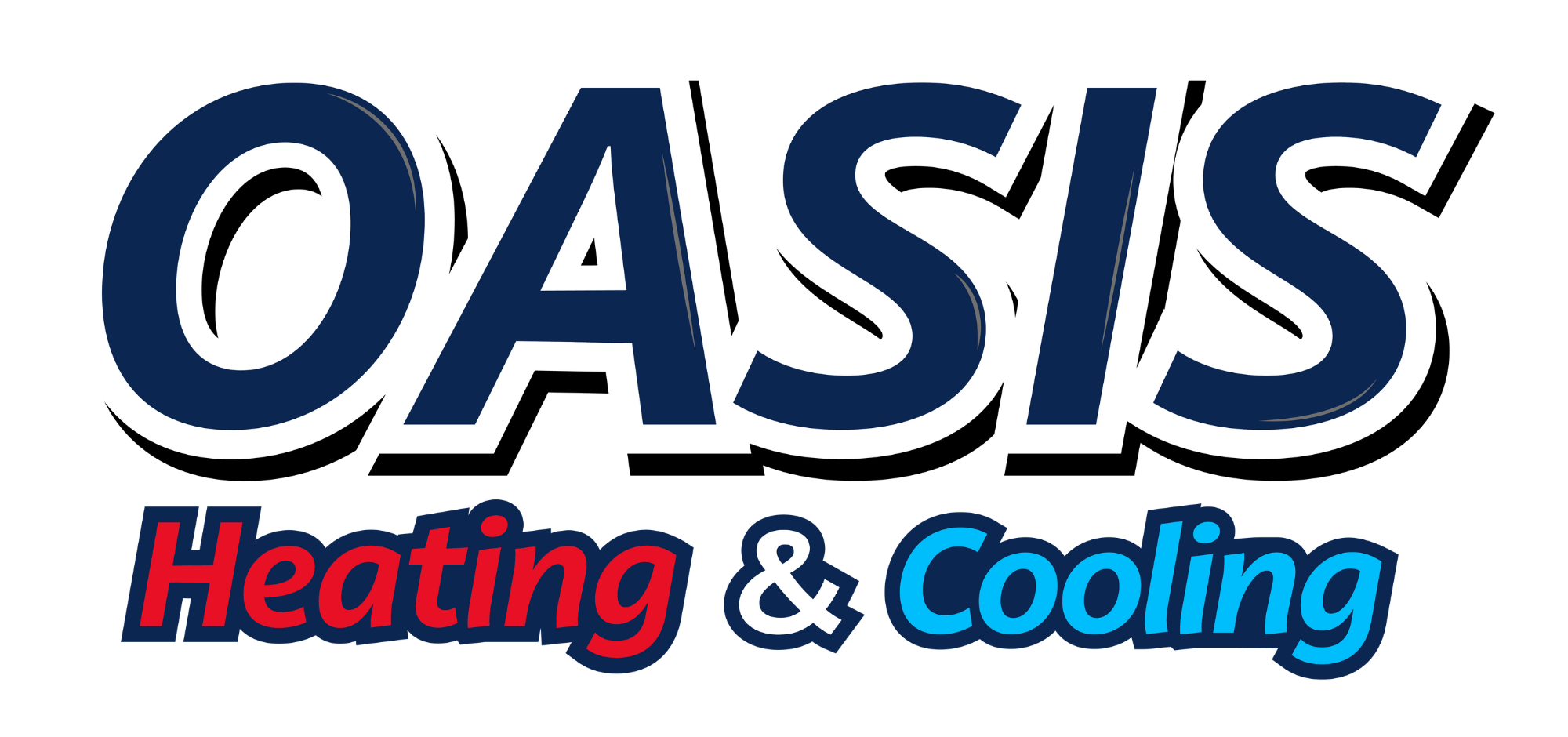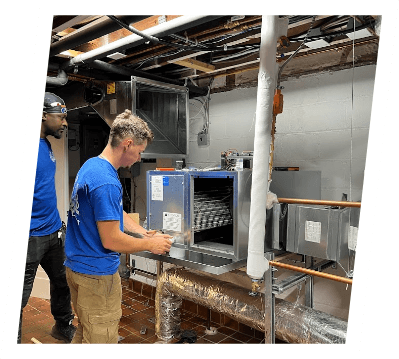Our St. Clair Shores Heating Expertise
In two decades of being located and working in St. Claire Shores, we have learned the common heating challenges for residents. Whether winds, freezing temperatures, or high humidity, residents face many challenges in up keeping their heating systems. We have written the most common problems and solutions residents of St. Clair Shores face due to the town’s climate and location near a large body of water.
Close Proximity to Lake St. Clair Causes Increased Demand on the Heating System
Saint Clair Shores experiences unique weather patterns due to the close proximity to the lake because large bodies of water have a higher heat capacity than the surrounding land. Due to the effects of this “lake-effect” warming and the resulting sudden cold spells, heating systems may cycle on and off more often, which leads to wear and tear on components such as thermostats, blowers, and heat exchanges.
Inefficient Heating will Result from Frequent Cycling
If the heating system cycles too often due to the “lake-effect” warming, the system will not reach the maximum efficiency stage. As a result, more energy must be consumed in order to keep the home at a comfortable temperature. This will result in higher energy bills, as the system requires more energy to start up than to run continuously. Our technicians will optimize the system to ensure it runs at optimal efficiency.
Short Cycling Leads to Uneven Heating
As previously discussed, heating systems in St. Clair Shores are especially prone to short cycling due to the “lake-effect” warming occurring. This will lead to uneven heating, as some parts of the home may be too cold while others too warm. We see this issue in many homes that contain large windows or poor insulation, which will cause heat to be lost quickly. Our technicians are trained in repairing heating systems to mitigate these issues.
Lake-Effect Snow Can Affect the Exterior Components of Heating Systems
Heavy snowfall is caused by cold air originating in Canada and moving across the Great Lakes and lakes such as Lake St. Clair, which have a higher temperature than the surrounding air due to the large amount of water. This snowfall can obstruct components such as vents and heat pumps. Blockages and malfunctions increase with heavy snow, meaning regular checks are needed or damage necessitating repairs may occur.
Increased Humidity in the Air Causes Rush and Corrosion
Increased humidity in the St. Clair Shores air due to Lake St. Clair can accelerate the corrosion and deterioration of parts. In all AC repairs, we fully examine all system components to identify rusting and corrosion before they cause a full system failure. We generally replace corroded parts more frequently than inland areas.
Professional System Maintenance and Repair Can Mitigate the Negative Effects of the “Lake-Effect” Climate
Regular annual repairs/maintenance along with professional cleaning of the ducts, vents, and internal components will keep the system running more efficiently and increase the lifespan of the system. We recommend replacing the furnace filters every 1-3 months during the heating system, and we also recommend upgrading to high-efficiency particulate air (HEPA) filters to help manage the increased particulates from high humidity and dust.















